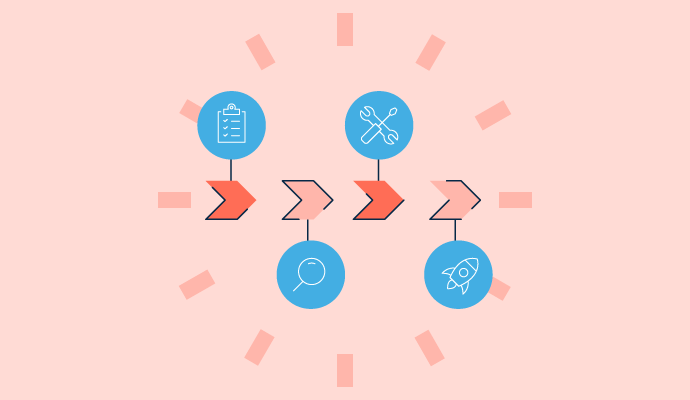What is boil the ocean?
"Boil the ocean" is an idiom commonly used in business settings and startup culture to describe taking on an impossible or unnecessarily difficult task or project. The connotation of this term is negative and should inspire reconsideration of a business decision or project.
Many businesses use project management software when attempting to take on a seemingly impossible task.
Why is boiling the ocean important in projects?
When “boil the ocean” is applied to groups or projects, it indicates that the current project path isn’t feasible, and the team may not meet its goals. Responding to the phrase early on allows the project team to adjust the course – timeline, budget, resources, or end goal – before the project fails.
How to avoid boiling the ocean
There are some best practices business leaders, managers, and project managers can follow to avoid boiling the ocean. Businesses should consider the following to avoid boiling the ocean:
- Narrow critical efforts. Business leaders should identify the most vital work that teams must focus on to maximize impact, while avoiding spreading resources too thin. Prioritizing efforts can help teams alleviate the burden of taking on too many high-priority initiatives at once.
- Turn goals into smaller, manageable projects. Teams may find it challenging to track and follow large visions and strategic ideas. They may seem grandiose and impossible to achieve. Business leaders and managers should lean on project managers to break down more significant concepts into actionable plans.
- Allocate the right team and resources. Team members with a mismatched skill set or lack of qualifications might feel that a project is impossible. To combat this, leaders should assign the appropriate people, resources, and budgets to projects to increase the likelihood of success.
- Manage scope creep. Projects quickly turn into larger initiatives when scope creep comes into play, and a growing scope can put the end goal out of reach. Project managers should watch for signs of scope creep and address them as they arise.
Examples of boiling the ocean
The concept of boiling the ocean and impossible undertakings varies across industries, businesses, and teams. Below are some examples of what boiling the ocean could look like:
- Example 1: An executive team meets for a strategic off-site right before the holidays at the end of the year. The off-site lasts for two full days, and during the meetings, the executive team decides to adjust three of their four company strategies to account for changing market conditions. They set a goal to rewrite the strategy document, revise it, and roll out the new strategies in their entirety to the 1,000-person organization before the end of the year.
- Example 2: A marketing team enlists a project manager to support a website redesign project. At first, the project scope includes a revamped homepage and careers page in a one-month timeframe. The timeline is tight, but the team believes they can accomplish the work on time and within the budget since it’s only two pages. Two weeks into the project, the scope grows to include a products and services page, a blog overhaul, and customer user experiences for different audience segments. Although the scope increases, the team cannot adjust the original timeline.
- Example 3: Employee A needs to complete a monthly expense report. While filling out the information, Employee A realizes she is missing three receipts that she needs to get reimbursed. Two receipts are for purchases she made at the beginning of the month, and one is from last week. She knows the accounting team will not reimburse her for the purchases without the receipts, so she digs through her office, home, and trash, despite feeling like she most likely threw out two of the receipts weeks ago.

Alyssa Towns
Alyssa Towns works in communications and change management and is a freelance writer for G2. She mainly writes SaaS, productivity, and career-adjacent content. In her spare time, Alyssa is either enjoying a new restaurant with her husband, playing with her Bengal cats Yeti and Yowie, adventuring outdoors, or reading a book from her TBR list.















